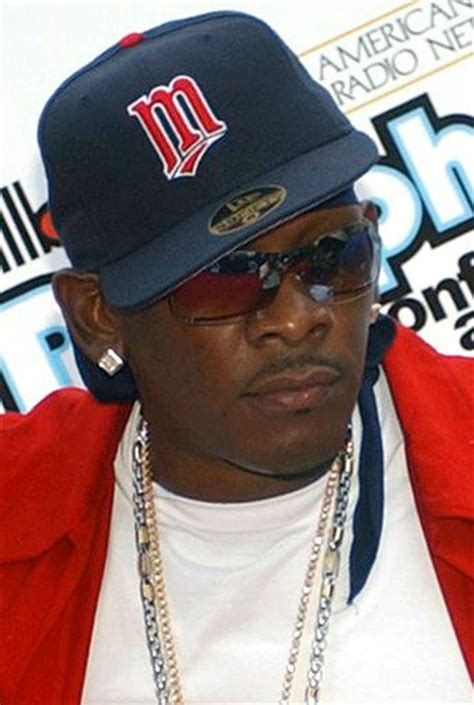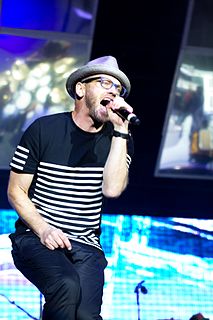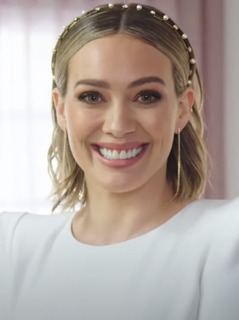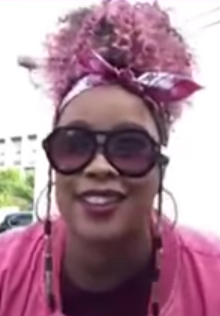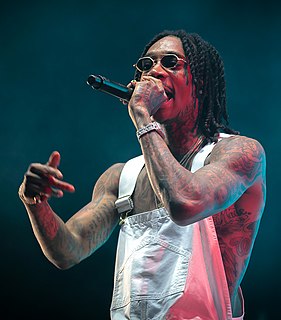A Quote by ASAP Rocky
I just want my fans to grow up and enjoy the music first, I don't want to change the world that's not what my music is about.
Related Quotes
Artists make art for themselves. Art is an honest expression. Artists who pander to their fans by trying to make music "for" their fans make empty, transparent art. The true fan does not want you to make music for them, they want you to make music for you, because that's the whole reason they fell in love with you in the first place.
Obviously I want my music on the radio and I want my record to do well, but I also have a totally different career, so a lot of people who are in music are just in music and can dedicate all their time to that and I can't do that, so I really want to have both things and I'm just trying to figure out how.




